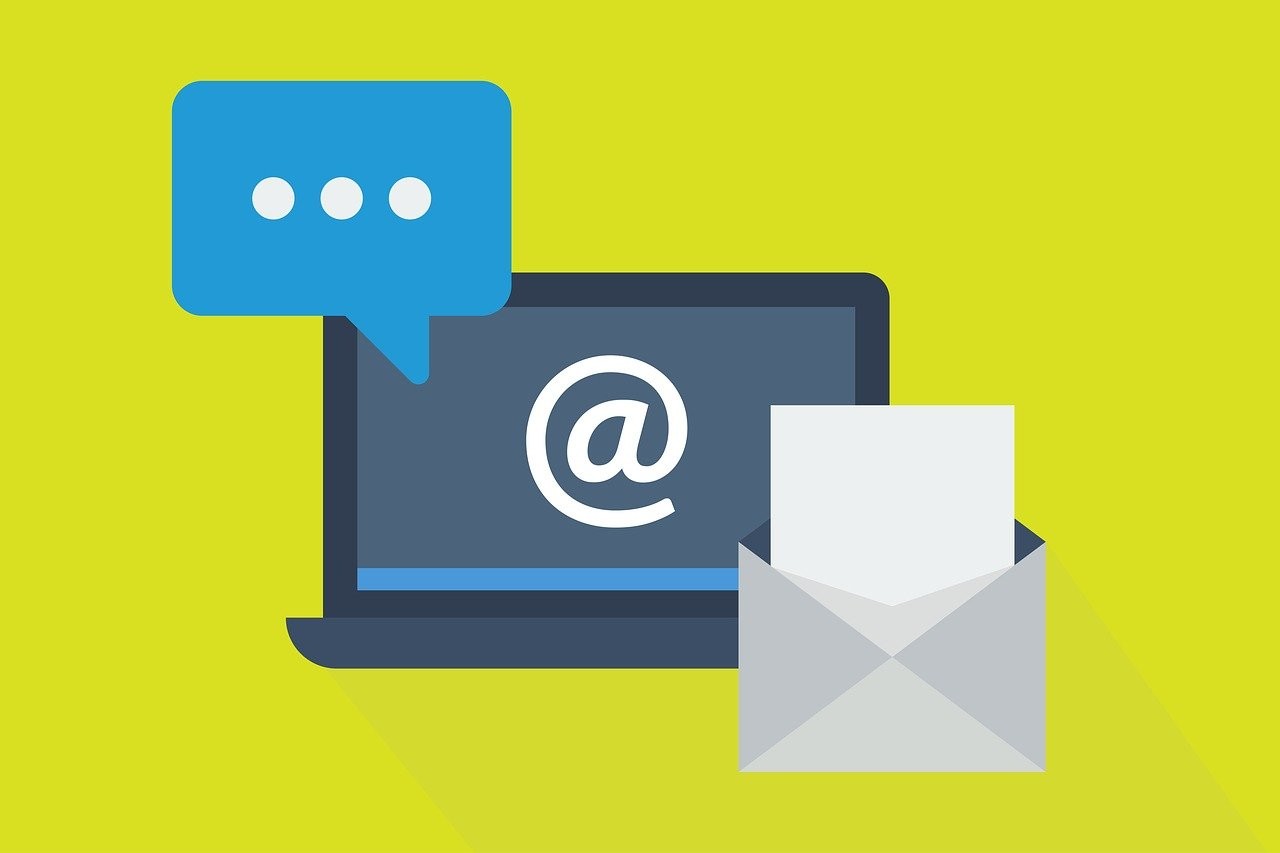Introduction
Email marketing remains one of the most powerful tools for B2B businesses to connect with their audience, nurture leads, and drive conversions. However, choosing the right email marketing tool can be challenging with so many options available. In this article, we’ll explore the top email marketing tools for B2B businesses, highlighting their key features, benefits, and pricing to help you make an informed decision.
Why Email Marketing Tools Are Essential for B2B Businesses
For B2B businesses, email marketing tools offer a range of functionalities that go beyond basic email sending. These tools allow you to automate campaigns, segment your audience, personalize content, track performance, and much more. By leveraging the right email marketing tool, you can streamline your marketing efforts, improve efficiency, and achieve better results.
Top Email Marketing Tools for B2B Businesses
1. HubSpot
HubSpot is a comprehensive marketing platform that offers powerful email marketing capabilities. With HubSpot, you can create personalized email campaigns, segment your audience, and automate your workflows. The platform also integrates seamlessly with HubSpot’s CRM, making it easy to manage your contacts and track engagement.
- Key Features: Drag-and-drop email editor, CRM integration, automated workflows, advanced segmentation, A/B testing.
- Pricing: HubSpot offers a free plan with basic features. Paid plans start at $45 per month.
2. Mailchimp
Mailchimp is a popular email marketing tool known for its user-friendly interface and robust features. It offers a wide range of templates, easy-to-use design tools, and automation features. Mailchimp is ideal for B2B businesses looking to create professional email campaigns without a steep learning curve.
- Key Features: Customizable templates, marketing automation, audience segmentation, performance analytics, A/B testing.
- Pricing: Mailchimp offers a free plan with basic features. Paid plans start at $13 per month.
3. ActiveCampaign
ActiveCampaign is a powerful email marketing and automation tool designed for B2B businesses. It provides advanced automation capabilities, including triggered emails, sales automation, and detailed reporting. ActiveCampaign’s intuitive interface and extensive features make it a top choice for businesses looking to scale their email marketing efforts.
- Key Features: Advanced automation, CRM integration, personalized content, segmentation, detailed analytics.
- Pricing: ActiveCampaign offers a 14-day free trial. Paid plans start at $29 per month.
4. Constant Contact
Constant Contact is a reliable email marketing tool that caters to both small and large B2B businesses. It offers a variety of templates, easy-to-use design tools, and powerful automation features. Constant Contact is known for its excellent customer support and educational resources, making it a great option for businesses new to email marketing.
- Key Features: Email templates, automation, event marketing, list segmentation, real-time reporting.
- Pricing: Constant Contact offers a 60-day free trial. Paid plans start at $12 per month.
5. Sendinblue
Sendinblue is an all-in-one marketing platform that offers robust email marketing tools, along with SMS marketing, chat, and CRM features. Sendinblue’s flexible pricing makes it accessible to businesses of all sizes, and its advanced features make it a strong contender for B2B email marketing.
- Key Features: Email and SMS marketing, marketing automation, CRM integration, A/B testing, advanced segmentation.
- Pricing: Sendinblue offers a free plan with limited features. Paid plans start at $25 per month.
FAQs About B2B Email Marketing Tools
Q: What should I look for in a B2B email marketing tool?
A: When choosing a B2B email marketing tool, consider factors such as ease of use, automation capabilities, CRM integration, segmentation options, and analytics. It’s also important to choose a tool that fits your budget and aligns with your business goals.
Q: Can I use multiple email marketing tools for my B2B campaigns?
A: While it’s possible to use multiple tools, it’s often more efficient to choose one comprehensive platform that meets all your needs. This reduces the complexity of managing your campaigns and ensures better integration and data consistency.
Q: How do I integrate my email marketing tool with my CRM?
A: Most leading email marketing tools offer native integrations with popular CRM platforms. Integration typically involves connecting your accounts and configuring settings to sync data, such as contact information and engagement metrics, between the two systems.
Q: What are the benefits of using automation in email marketing?
A: Automation allows you to send targeted emails at the right time without manual intervention. This can include welcome emails, follow-ups, abandoned cart reminders, and more. Automation helps you stay engaged with your audience, improves efficiency, and drives conversions.
Q: How do I measure the success of my email marketing campaigns?
A: Key metrics to monitor include open rates, click-through rates, conversion rates, and ROI. Additionally, track engagement metrics, such as time spent reading emails and actions taken (e.g., downloads, sign-ups). Analyzing these metrics helps you assess campaign performance and identify areas for improvement.
Conclusion
Choosing the right email marketing tool is crucial for the success of your B2B campaigns. Whether you’re looking for advanced automation, ease of use, or robust analytics, the tools listed in this article offer a range of features to meet your needs. Consider your business goals, budget, and specific requirements when selecting a tool, and leverage its capabilities to enhance your email marketing efforts and drive results.




